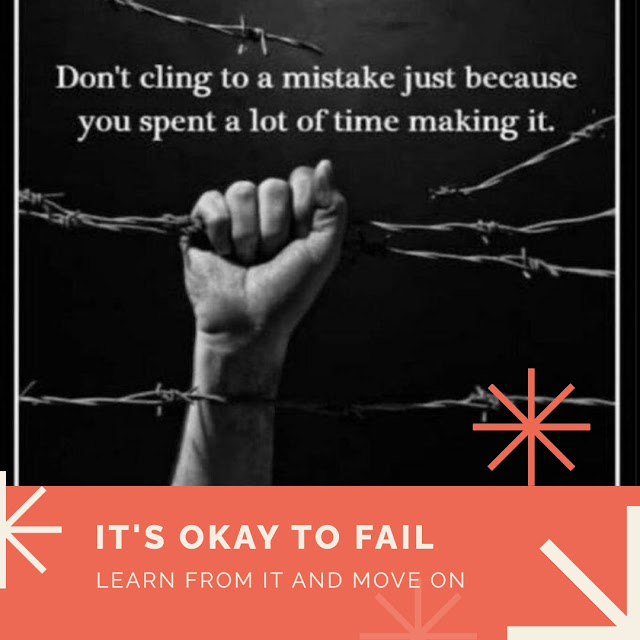Alan Turing: A Beacon of Brilliance and Inclusion for Our Digital Age.
"Sometimes it is the people no one can imagine anything of who do the things no one can imagine."
- Alan Turing
The aroma of your morning coffee lingers in the air as you tap a few keys to start your day. Your digital world quickly springs to life as emails load and news updates stream within seconds. But have you ever paused to consider the genius mind that made all this possible? In the spirit of Pride Month, we celebrate Alan Turing, the man whose brilliance laid the foundations of modern computing and whose story remains a testament to both triumph and tragedy.
Born in 1912, Turing's extraordinary talent in mathematics and logic led him to the University of Cambridge and, later, to a secret World War II codebreaking center at Bletchley Park. Here, his invention of the Bombe machine helped crack the Enigma code used by Nazi Germany, a pivotal factor in the Allies' victory. Later, his work on the Automatic Computing Engine set the stage for the digital age we live in today.
When Turing lived and worked in the early 20th century, homosexuality was illegal in the United Kingdom. It was a time of stringent social norms and societal prejudice against the LGBTQ+ community. Despite these oppressive circumstances, Turing became pivotal in developing theoretical computer science and artificial intelligence, formalizing concepts such as 'algorithm' and 'computation' with his Turing machine.
His groundbreaking work during World War II at Bletchley Park, Britain's codebreaking center, cannot be understated. By cracking the Enigma code used by the Nazis, Turing played a crucial role in deciphering intercepted coded messages that enabled the Allies to defeat the Nazis in several critical engagements.
Turing's invention of the Turing Machine, a theoretical device that manipulates symbols on a strip of tape according to a table of rules, despite its simplicity, can simulate the logic of any computer algorithm. This machine set the stage for the modern computing era, laying the groundwork for today's digital world.
Tragically, society cut short Turing's brilliant career. In 1952, the UK prosecuted him for homosexual acts, which were criminal then. They gave him a difficult choice: imprisonment or probation with hormonal treatment designed to reduce libido, commonly known as 'chemical castration.' Turing chose the latter. The trauma of this experience, worsened by societal prejudice, drove Turing to suicide in 1954.
Alan Turing's narrative is inspiring and sobering, an intertwining tale of groundbreaking innovation and devastating prejudice. Today, his work permeates every sector, powering economies and shaping societies, reminding us of the significant contributions made by individuals within the LGBTQ+ community.
The enduring question remains: how can we learn from the tragedy of Turing's struggle? How can we build workspaces that celebrate diversity and inclusion? Leadership plays a crucial role here by implementing and actively endorsing policies that uphold equality and respect. Concrete steps include:
Establishing strict anti-discrimination policies.
Providing diversity and inclusion training.
Creating support mechanisms such as Employee Resource Groups (ERGs).
Moreover, organizations can create a reporting system for incidents of bias and discrimination and ensure the system is confidential and fair. Training programs can raise awareness of unconscious bias, and Employee Resource Groups (ERGs) can provide community and mental health support can assure individuals they are not alone. More than these, however, is cultivating an environment where everyone feels seen, heard, and valued.
Leadership plays a crucial role here by implementing and actively endorsing policies that uphold equality and respect. Training programs can raise awareness of unconscious bias, and Employee Resource Groups (ERGs) can provide community and mental health support can assure individuals they are not alone. More than these, however, is cultivating an environment where everyone feels seen, heard, and valued.
This effort also extends to us as employees and colleagues. Encouraging allyship, challenging discrimination, and fostering open dialogue are all steps we can take to create a culture of inclusivity. By acknowledging and honoring the contributions of the LGBTQ+ community, we inspire future generations to embrace their identities, further fueling the innovation cycle.
The legacy of Alan Turing is more than just the genesis of modern computing. It serves as a poignant reminder of the brilliance we risk losing when we allow prejudice and discrimination to overshadow talent and potential. As we remember Turing, let us commit to fostering workspaces where every 'Alan Turing' can be recognized, respected, and valued for who they are. After all, it is in the merging of diverse minds that the brightest ideas are born.
Brian J. Stowell
Pronouns: He, His, Him
Suggested Reading
Cryptography and Alan Turing's Work:
Hodges, A. (2012). Alan Turing: The Enigma. Princeton University Press.
LGBTQ+ History:
Faderman, L. (2015). The Gay Revolution: The Story of the Struggle. Simon & Schuster.
Impact of Turing's work on modern computing:
Dyson, G. (2012). Turing's Cathedral: The Origins of the Digital Universe. Vintage.
LGBTQ+ Inclusion in the Workplace:
Colgan, F., & McKearney, A. (2012). Visibility and voice in organisations: Lesbian, gay, bisexual and transgendered employee networks. Equality, Diversity, and Inclusion: An International Journal.



Comments
Post a Comment